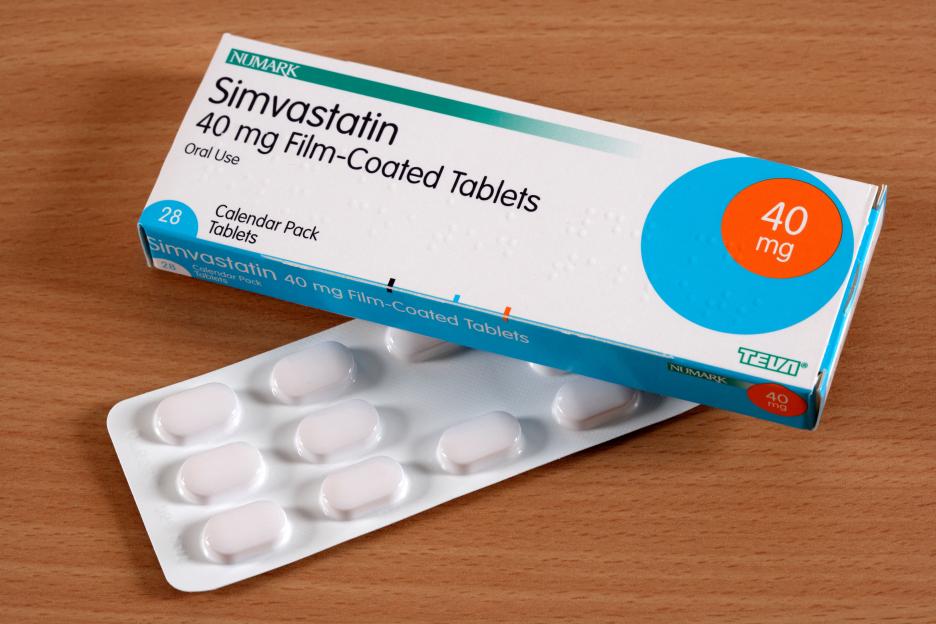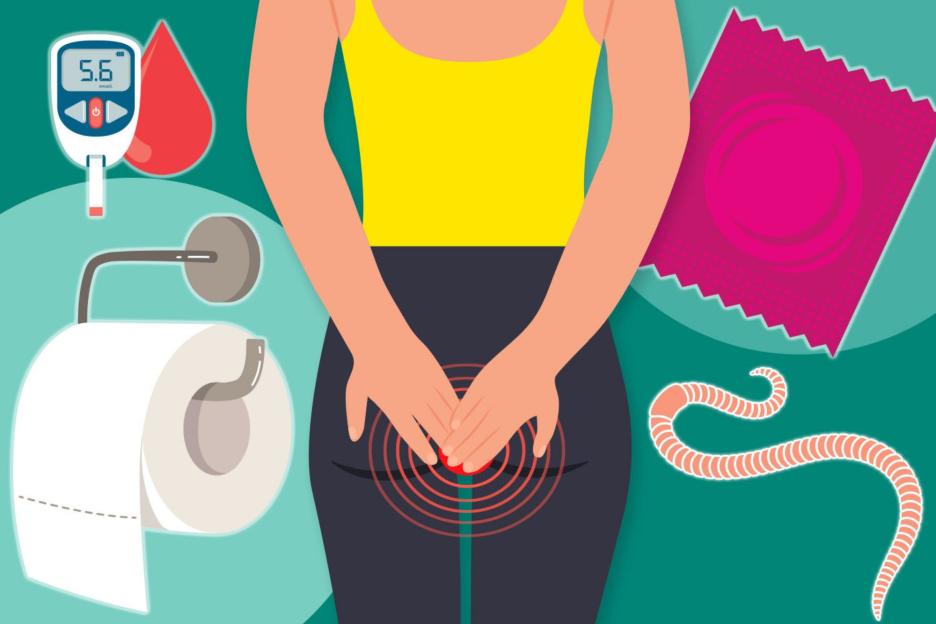WHEN it comes to the safety of medicines, it doesn’t get more sensitive than when relating to medication use in pregnancy.
So there are worries stemming from the Trump administration’s expected suggestion that there could be
 Sun columnist Dr Zoe answers your health queries
Sun columnist Dr Zoe answers your health queries
But the scientific consensus is clear: Paracetamol remains the safest pain and fever reliever for mums-to-be.
guidelines state: “Paracetamol is the first choice of painkiller if you’re pregnant. It’s commonly taken during and does not harm your baby.”
Concerns raised by many studies are not as straightforward as they might seem because they have not proved cause and effect.
As always, if you have any questions or concerns about your medication, the best advice is to speak to your doctor or pharmacist.
Here’s a selection of what readers have asked this week.
I can’t taste or smell
 A reader has lost their sense of taste and smell
A reader has lost their sense of taste and smell
Q: I AM 89 and I have lost my taste and smell. I also suffer from a dry mouth, especially at night.
My GP hasn’t managed to help and now my appetite is failing.
I could eat mostly anything, but by not being able to taste or smell, it’s turning me off food and getting me down. Is there a remedy or medicine you can recommend?
I’m at my wit’s end.
A: I hear how distressing this is for you, and I’m really sorry you’re going through it.
Loss of taste and smell, together with dry mouth and loss of appetite, can make daily life very difficult.
More likely causes of loss of smell and taste include nasal or sinus issues (polyps, chronic sinusitis), vitamin deficiencies (especially zinc and B12) and post-viral effects (including after ).
Decreased saliva production is common with age or can be a medication side effect, especially with blood pressure tablets or antidepressants.
It is important to consider neurological conditions, as all of your symptoms can appear after strokes, or as a symptom of or disease.
Rarely, it can be caused by tumours or chemical exposure.
It’s no wonder you are feeling off your food. Have you lost any weight? If yes, make sure your is aware.
In the meantime, for a dry mouth, sip water frequently, especially before and during meals, and try sugar-free gum, lozenges or artificial saliva products, which you can buy over the counter.
Avoid , caffeine and smoking, which tend to worsen dryness.
For the loss of taste and smell, you could try smell retraining therapy, which is a method to help nerve endings recover by repeatedly sniffing specific strong scents twice a day for 12 weeks.
You can buy kits online or put together your own using strong scents like lemon, mint, clove and eucalyptus.
To help with appetite, focus on texture and temperature contrasts (crunchy, creamy, hot vs cold) to make food more appealing.
Eat small, frequent meals instead of big ones and include nutrient-dense foods, such as porridge with cream, mashed avocado and soups with added olive oil.
And please do let me know how you get on.
 One reader is waking up to aching legs
One reader is waking up to aching legs
Q: I WAKE up at night with aching legs. They are OK during the day.
How can I remedy this? I take paracetamol but, three hours later, I’m up again.
Q: I’m sorry you’re dealing with this – it sounds very uncomfortable.
Night-time leg aching can have several possible causes and the best remedy depends on what’s behind it.
In order to identify the cause, it is best to be assessed by your GP, who can find out more, examine you and consider appropriate tests.
Leg pain always makes us think about blood clots in the leg (DVT) and these need to be treated as an emergency.
But we don’t typically expect only night symptoms and it’s rare to have this in both legs at the same time.
However, other circulation issues, such as peripheral artery disease, can cause only night-time symptoms.
If there is poor arterial blood supply to the legs, patients often describe hanging them off the side of the bed to allow gravity to aid blood flow and provide temporary relief.
Varicose vein symptoms can be more pronounced or even primarily noticeable at night.
Symptoms such as leg aching, swelling, cramping, itching and a feeling of restless legs can intensify at night because there are fewer distractions than during the day – so it makes these discomforts more apparent.
However, they often improve in the morning when you move around, relieving the pressure on the veins.
and muscle cramps also tend to have night-time symptoms.
And some people find that or joint problems can be more symptomatic when lying still.
So finding the cause is the first step in resolving the issue here.
While waiting for your appointment, there are some things you could try at home.
These include gentle stretching before bed, particularly the hamstrings and calves, a warm bath or heating pad on your legs in the evening, and using a firm pillow under your calves or feet to change leg position.
Stay hydrated and ensure you’re getting enough magnesium, potassium, and iron in your diet to prevent cramps.
If you’re unsure, eat dark leafy greens like spinach, nuts and seeds, bananas and red meat.
Tip of the week
IT’S starting to get chilly but before you snuggle up with your hot water bottle check its expiry date, usually found on the neck.
They are great for keeping warm but there is a risk of them bursting if they are too old as the rubber degrades over time.
Some suggest replacing them every two years.
Could tummy pain be Gallstones?
 A mature reader is suffering from repetitive stomach pains
A mature reader is suffering from repetitive stomach pains
Q: I HAVE had a pain in my stomach three times in the last six months. I’m 74 years old.
The first time, it lasted about two hours and the second time, about five. Three weeks ago, it lasted about eight hours. It always happens at night.
The pain is terrible. The GP told me it’s stomach acid and gave me a four-week course of omeprazole capsules.
What do you think? Could it be gallstones?
A: I’d be interested to know the nature of the pain and exactly where you feel it.
or stomach ulcers tend to cause a pain that is more “burning” or “gnawing”, at the top of the tummy or even up into the chest.
Omeprazole reduces stomach acid. So if it is this, you might see improvement in symptoms.
But it still needs to be monitored as it’s more concerning as a new symptom in older adults.
I agree that it does sound like gallstones or, more accurately, biliary colic.
Gallstones are common and often do not cause symptoms.
But if a gallstone blocks a bile duct (a small tube that connects the gallbladder to the liver and other organs), they can cause abdominal pain which tends to be colicky in nature, meaning it intensifies then eases off repeatedly.
This correlates with the gallbladder squeezing to try to undo the blockage.
The pain tends to be severe, lasts 30 minutes to several hours, and is located in the middle of your tummy or just under your ribs on the right side.
Your GP can request an ultrasound scan to see if there are gallstones present and a blood test will be helpful, too.
Pancreatitis or heart-related issues can sometimes mimic stomach pain. These are important to consider at your age.
If you experience any weight loss, difficulty swallowing, vomiting blood or feel any lumps in your abdominal area, these are red flags and require urgent medical attention.






